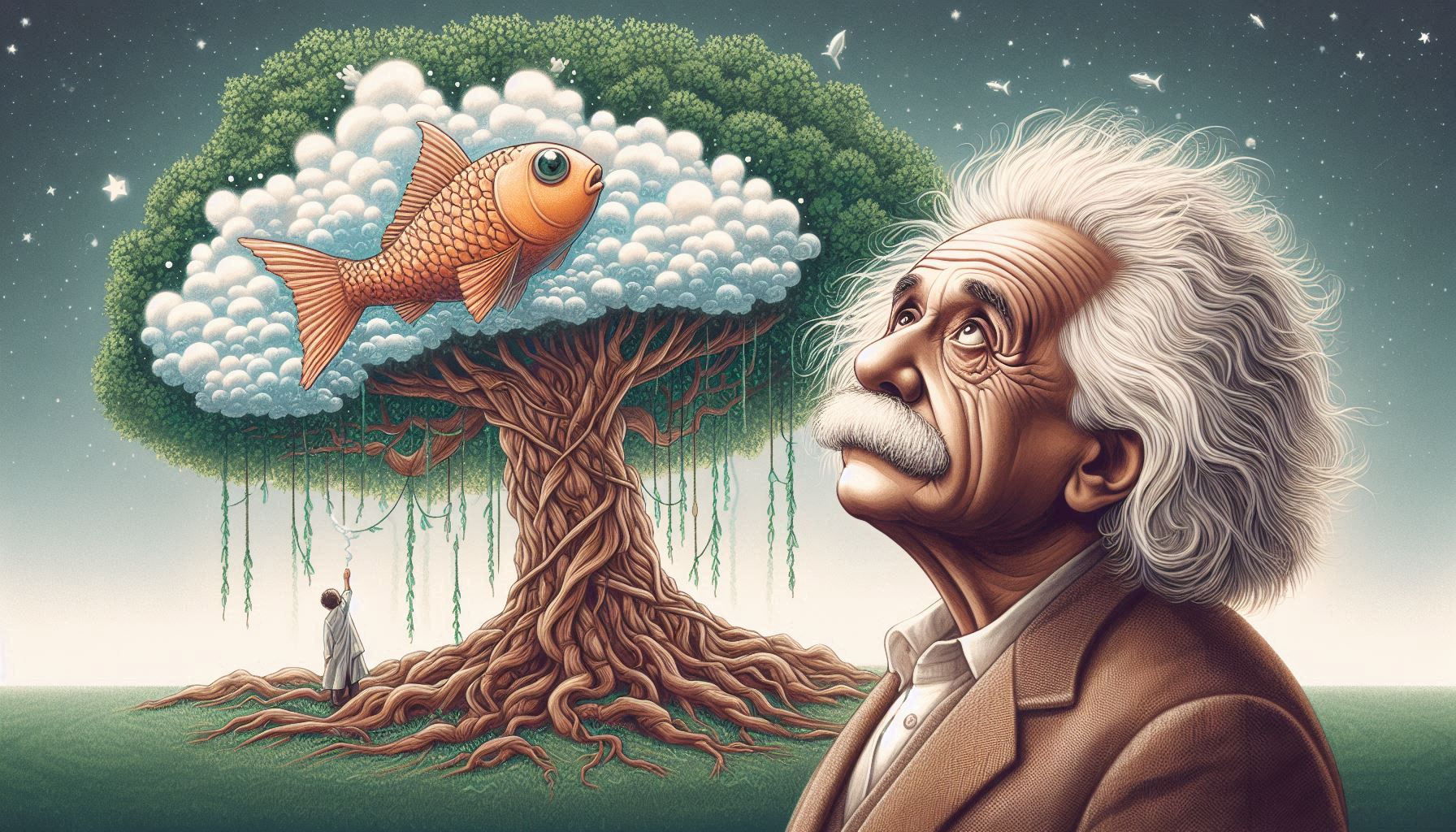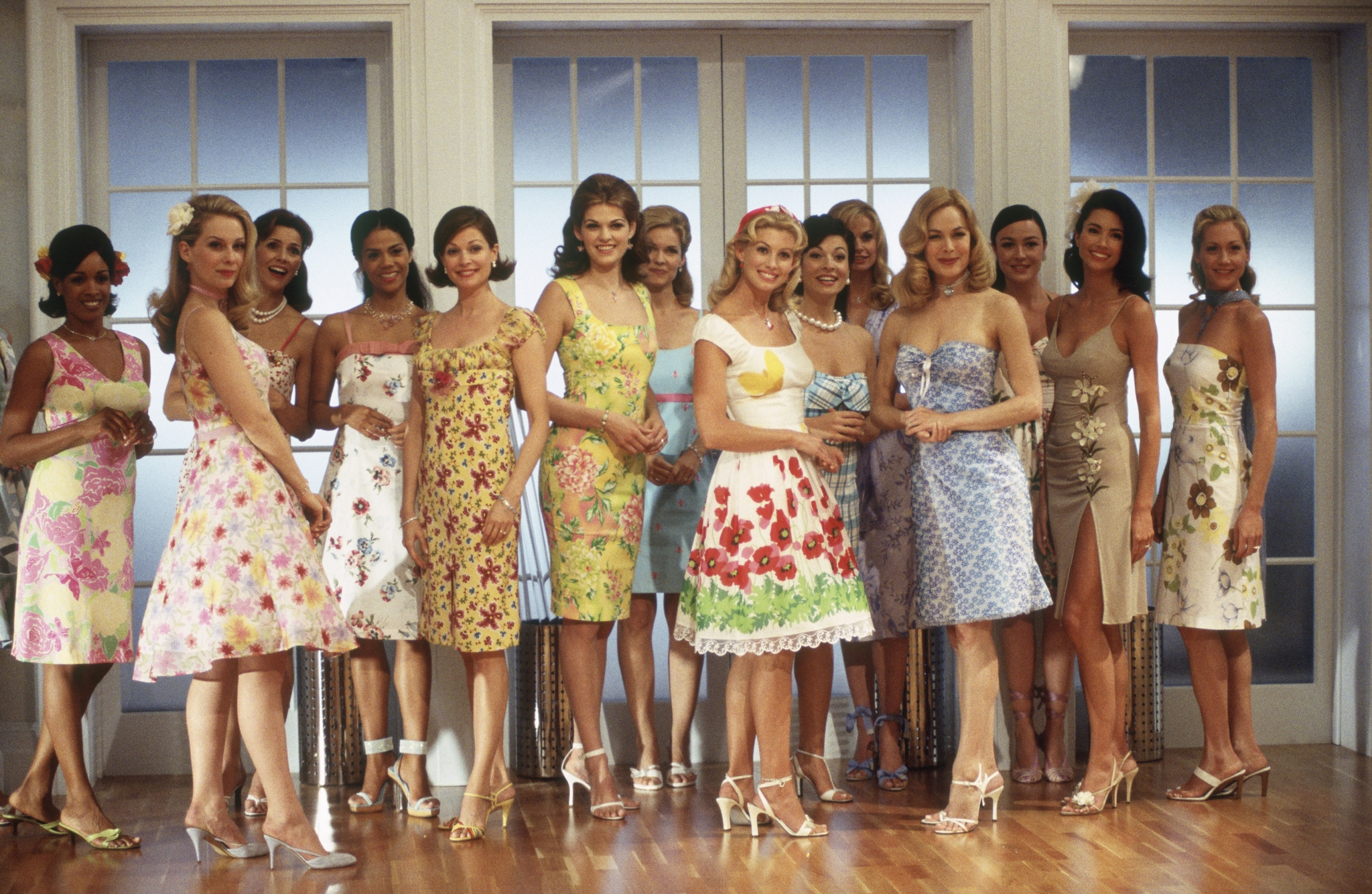If God is all-powerful, why does evil exist? (15 Things cont'd...)
18th September 2024
In this current current blog series, we're seeking to engage with Susan Jones article: 15 Things Non-Believers want Religious People to Explain. Having taken a couple of blogs to respond to the invitation and set a direction to travel, we're diving into the first question:
1. If God is all-powerful, why does evil exist?
Susan writes:
"If God is omnipotent and benevolent, how can he allow innocent people to suffer? Free will is often invoked as an explanation, but it doesn’t account for natural disasters or childhood illnesses. Saying “God works in mysterious ways” feels like a cop-out. Atheists want to know how you reconcile the existence of a loving God with the reality of profound, undeserved suffering in the world."
SUSAN JONES
In just four sentences there are a fair few things to explore:
-
The Omnipotent and Benevolent God
-
The "Allowing" of Suffering
-
The Free Will Explanation
-
The Natural disasters and childhood illnesses
-
The Mysterious Ways of God
-
The Reality of Undeserved Suffering
The first three of which we'll explore in this blog, and the next three we'll return to in another.
1) The Omnipotent and Benevolent God
If either of those terms are unfamiliar to you -
omnipotent simply means
all-powerful, and
benevolent means
all-good.
For some the existence of "evil" in our world
(and we'll need to define both "evil" and "good" too a little later...) brings into question whether and all-powerful and all-good God could exist - or whether, if God exists at all, can He be all-powerful and all-good since this
"evil" is evident all around us?
It's worth considering here how we think about both "power" and "goodness" themselves.
From the rather brilliant mind of Albert Einstein we get this thought:
Everybody is a genius. But if you judge a fish by its ability to climb a tree, it will live its whole life believing that it is stupid.
ALBERT EINSTEIN

Just as a fish, remarkable as it may be, is confined by its abilities and environment, we as created beings might find it challenging to grasp the thoughts of a creator God.
For example, when we think of "power" we might define it any number of ways:
-
as strength,
-
or ability,
-
or authority,
-
or influence...
But if an all-powerful God exists - such power would be far beyond our imaginings, and not at all limited to the types of power we see exercised.
And likewise, our notions of goodness are limited to our experiences of it:
-
Something morally right,
-
or something beneficial in some way,
-
or something healthy,
-
or simply something on the higher end of the worse-perfect scale...
But again, the supreme goodness of an all-good (or Holy) God would ultimately far exceed our understanding or experiences of what is "good."
And when it comes to a being who is both
"powerful" is all these ways and more, and
"good" is all these ways and more... might it not be possible that such a being's ultimate power would be guided and governed by His ultimate goodness?
There was a children's song I was taught in Sunday School:
My God is so big, so strong and so mighty
There's nothing my God cannot do!
C. BARNY ROBERTSON
The minister of one church I was part of when I first moved to Cardiff added a second verse to that song:
My God is so kind, so gentle and so loving
There's somethings that He will not do!
REV. MICHAEL BALL
Being omnipotent, it might be true that there is nothing He cannot do; however, being benevolent implies that there might also be things He won't do. Which brings us onto the next part of this question:
2) The "Allowing" of Suffering
In our own lives we know that there's a clear difference between
causing something to happen, and
wanting something to happen.
There's also a clear difference between
desiring certain circumstances, and
accepting those circumstances we don't desire but nevertheless find ourselves in.
When it comes the question of whether an all-powerful, Holy God can co-exist in a world where evil exists, might it be possible that though He didn't cause or desire evil to exist in His creation, that He is willing to
allow or accept those circumstances for a higher purpose?
Let me explain.
My wife and I recently watched a very painful documentary about a cult where it's leader exercised absolute control of the young people involved. They had no freedom at all over their time, money, bodies, talents, relationships - everything was managed and manipulated by it's leader. They were also were brainwashed into completely cutting off contact from their families and friends. It was absolutely heartbreaking to watch the story unfolding, and to see the impact on a bunch of parents and siblings who were desperately trying to regain contact and restore their relationship together.

In one part of the documentary the cult leader realised the poor publicity this non-contact policy was attracting, and encouraged his followers instead to reach out to their families but purely for the sake of his and the cult's image. (There was even a recording of one of his "sermons" telling him to do this, and mocking the efforts of the families who were trying to express their love for these compound-bound kids).
In one heartbreaking scene, the parents of one girl travel to meet her, only to find her waiting with the mobile phone recording them entering the restaurant and shouting:
"Go on, say what you have to say!" To which a tear-filled father simply replied with words to the effect of:
"We want you to know we love you and we miss you."
Of all the wild raging emotions I'm sure he was feeling, and of all the things I'm sure he was dying to say about this cult and it's leader - he knew that anything he said might only drive her deeper into the clutches of the organisation, and that dealing with that could wait - the most important thing to express was love.
At another point in the documentary, her parents sat around a table with other parents of the young people trapped in this cult, talking to a legal expert who deals with such cases discussing the best approach. From this experts experience of dealing with cases like this, their response of love
("we love you and we miss you.") was highly praised - and they were told that they may need to accept
for now (hold onto those two words "for now" to a moment) that in any contact with the young people, discussing the cult itself was not an option.
You could feel the raw emotional tension these poor parents were experiencing, nevertheless they chose to accept that not saying/doing what they wanted to say/do in order to maintain some sort of relationship with their children for now
(those two words again) was a far better, and more loving option than the latter.
All of which got me thinking - the New Testament insists that one of the primary ways we are to think of God is as a good, loving parent - and not as a cult leader who coerces complete control. Might it be possible that there are conditions this God would be willing to accept
for now in order to maintain contact with us?
After all, if some of the origins of suffering in our lives, are self-made or at least human-made - then it is unavoidable that
"the heart of the human problem is the problem of the human heart."
How might an all-powerful but all-loving God go about changing our hearts? Either by external forces - the types of coercion and control that we see in cults; or by internal transformation that a relationship with a good parent might produce.
It is true that God could, overnight, click His fingers and completely remove our ability to cause suffering... in short - take away our free-will. But that which allows us to cause suffering also allows us to alleviate it. That part of us that allows us to hate, also allows us to love. As tempting as it is to imagine how much we would gain if we lived in a world without evil - it's also worth considering what we might also lose... and whether a loving God might believe it was worth the trade or not?
3) The Free Will Explanation...
Although I accept Susan Jones' point that this explanation only goes so far (and we'll come back to the question of such things like natural disasters and childhood illness in the next blog on this topic), I do feel that it a worthwhile thing to underline before moving on.
Free-will is a huge area of discussion not just in theology, but in areas of philosophy, psychology, sociology and more. Which highlights to us how deeply we hold the view, and the desire, for
freedom. We crave it with all our being.
And yet just as deep as our desire for freedom is our desire for fairness and justice. When establishing rules or determining punishments, any governing body dealing with human beings must balance these two aspects carefully because one person's freedom mustn't encroach upon another's. As tricky and complex as that balance can be, could a world without that freedom ever truly be a good or loving place to live in?
In
The Stepford Wives, a couple called Walter and Joanna move to a place called Stepford - a seemingly idyllic and peaceful town... but not all is as it seems at first. While Walter readily embraces their new town, Joanna struggles to adapt to Stepford's well-groomed surroundings and the overly-hospitable nature of the local women. In a famous twist it's revealed that the women aren't actually human at all - they are highly complex robots, programmed to serve their husbands and children with unquestioning compliance.

In one scene Joanna learns the truth and confronts the town's creator Mike Wellington. She asks him about these robot wives:
"Can they say: 'I love you'?" to which he proudly announces:
"Of course, in 58 languages..." to which she replies:
"Yes, but do they mean it?"
God could have created a world of unquestioning compliance - one where the words:
"I love You" were on everyone's lips... but with no freedom, no choice, no alternative, no other option that love would mean nothing. And that pre-programmed perfection would mean little too, because without choice, without sacrifice, without love Stepford's seemingly idyllic world turns out to be a sterile veneer, a poor substitute for the real thing.
The middle of a three-act story...
One final thought on this before we come back to this question next time. As a Christian, to see the bigger answer to the problem of evil I need to zoom out to the over-arching narrative. We are currently in act two of a three act story.

In the first act we realise that God created a world that is both good and free.
(God's first thoughts about His creation were: "That's good.") He did not intend or cause evil - in order for His world to be good it also had to be free.
(God's first recorded words to humanity were: "You are free...") That freedom that allows us to chose love and life also allow us to chose hate and death. The world as we now know it is not the way that God intended His world to be.
But that is not where the story ends - we are now living in the painful middle chapters, but the scriptures offer us hope that God will one day restore the world to Himself - He will not leave us the way we are. However, some of the suffering we now experience is living in the
"for now...". For now we see suffering and pain and loss and hurt and evil - but God will not allow it
for-ever... Act Three is coming: Jesus called it The Renewal of All Things, and until then His invitation of inclusion stands wide open...
See even in Act Two, this God is not absent or uncaring either. It is here we witness the Father making an incredible sacrifice, enduring the reality of undeserved suffering, and His patient, gracious, lovingly appeals to our hearts... because that is where ultimate transformation, healing and freedom truly exist. More about that next time...